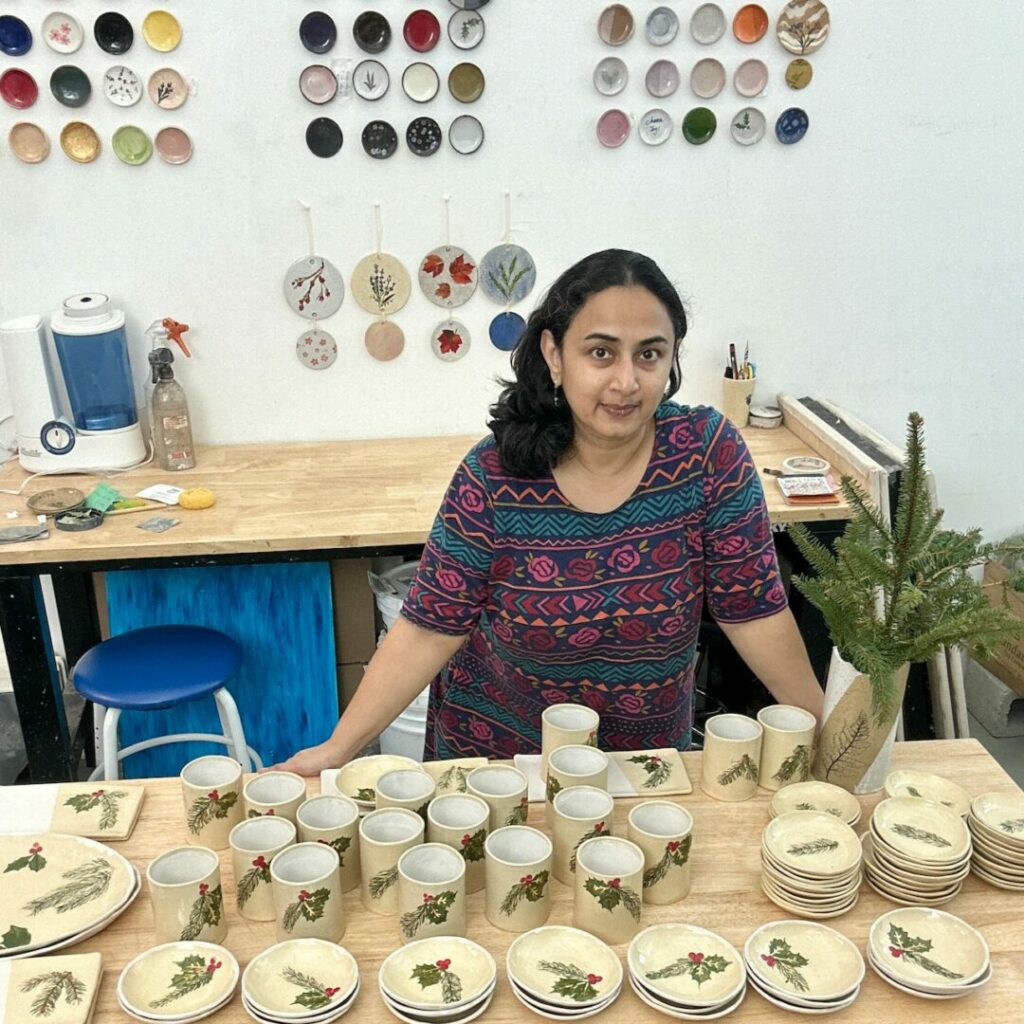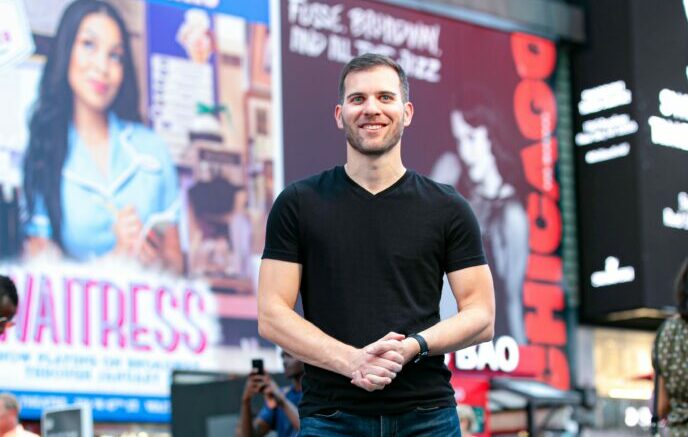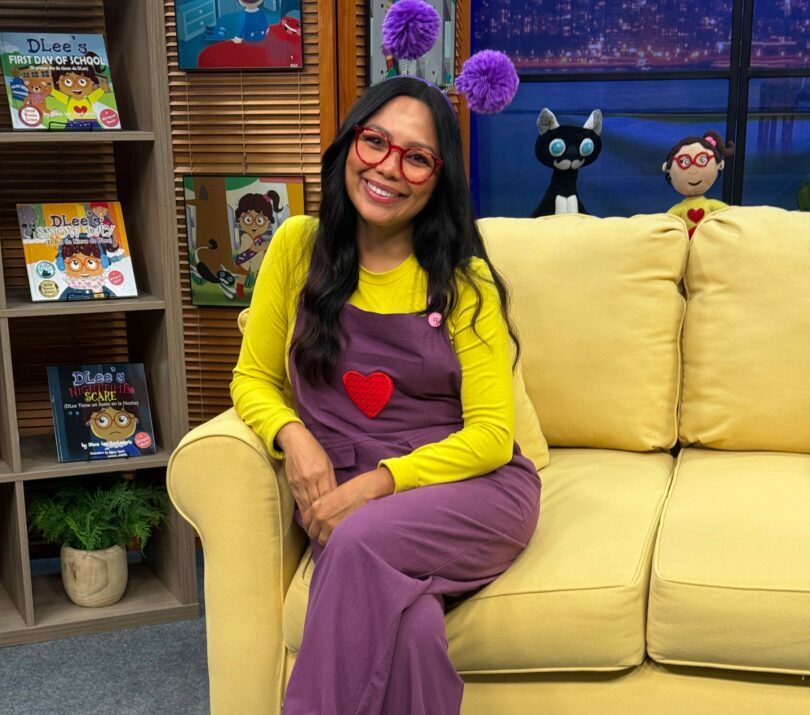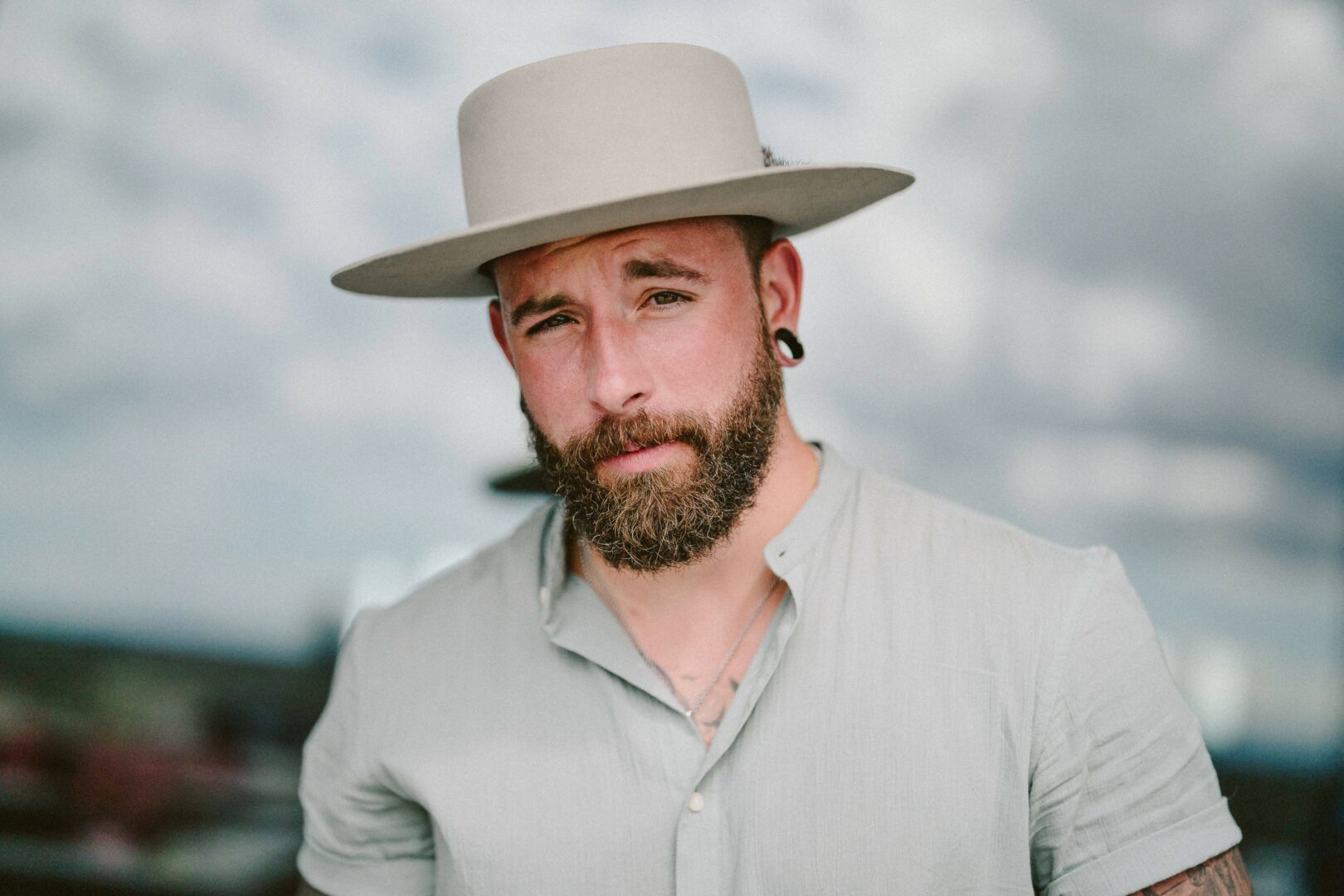Learning from one another is what BoldJourney is all about. Below, we’ve shared stories and insights from phenomenal artists, creatives and entrepreneurs who’ve successfully managed to overcome imposter syndrome.
Wei-ta Chen

I still face imposter syndrome at times, especially as a non-US artist working in a highly competitive city like New York. It’s hard not to feel inadequate when comparing myself to peers who seem to be advancing faster, whether in career or personal life. I’ve learned to focus less on external validation and more on my own progress. I remind myself that everyone’s path is different and that my unique experiences as an immigrant and independent filmmaker add value to my work. Read more>>
Meg Madden
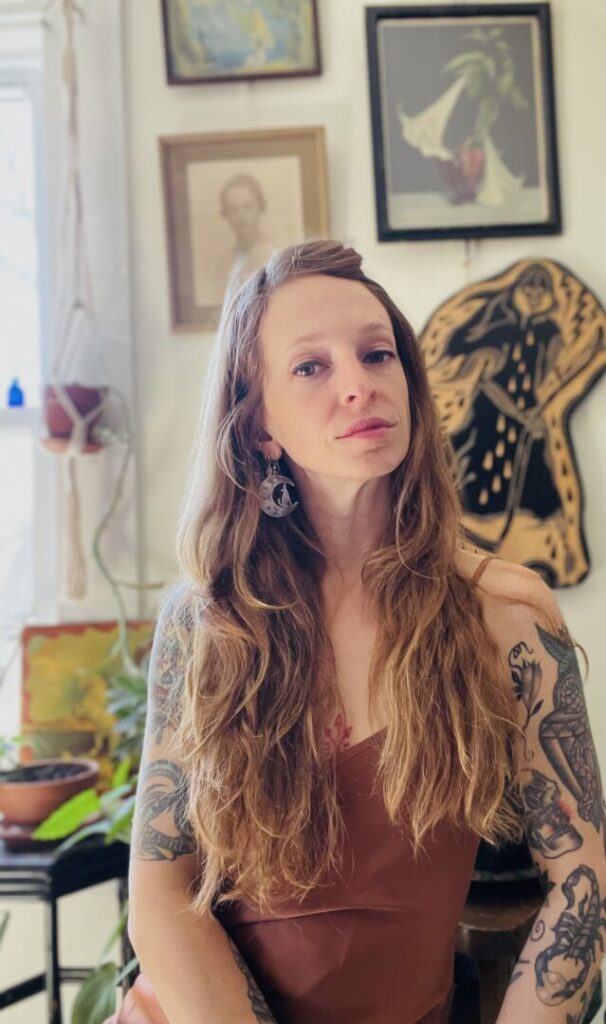
Really, overcoming imposter syndrome is a constant effort in my life; I would by no means consider myself to have grown beyond it. But I have developed some useful, effective tools to help myself not fall into the trap. The first is that I have really learned to seek out and listen to feedback from people I trust, love, and look up to. These affirmations from others help me to locate myself in a sea of clouded self-perception and to trust that I am worthy, skilled, and on the right track. While it’s true that there’s a delicate balance to strike between listening to others and trusting your gut as you walk your path, imposter syndrome makes in inherently harder to rely on the gut, so trusted, reliable others can be invaluable for support. Read more>>
Misty Molloy

Overcoming imposter syndrome has been a journey, mainly because I entered the interior design field without a design degree. Education has always been incredibly important to me. I have a Master’s Degree in Leadership & Organizational Change, and am passionate about continuous learning. Stepping into a new field without formal training initially made me uncomfortable. Read more>>
Frederick Noland
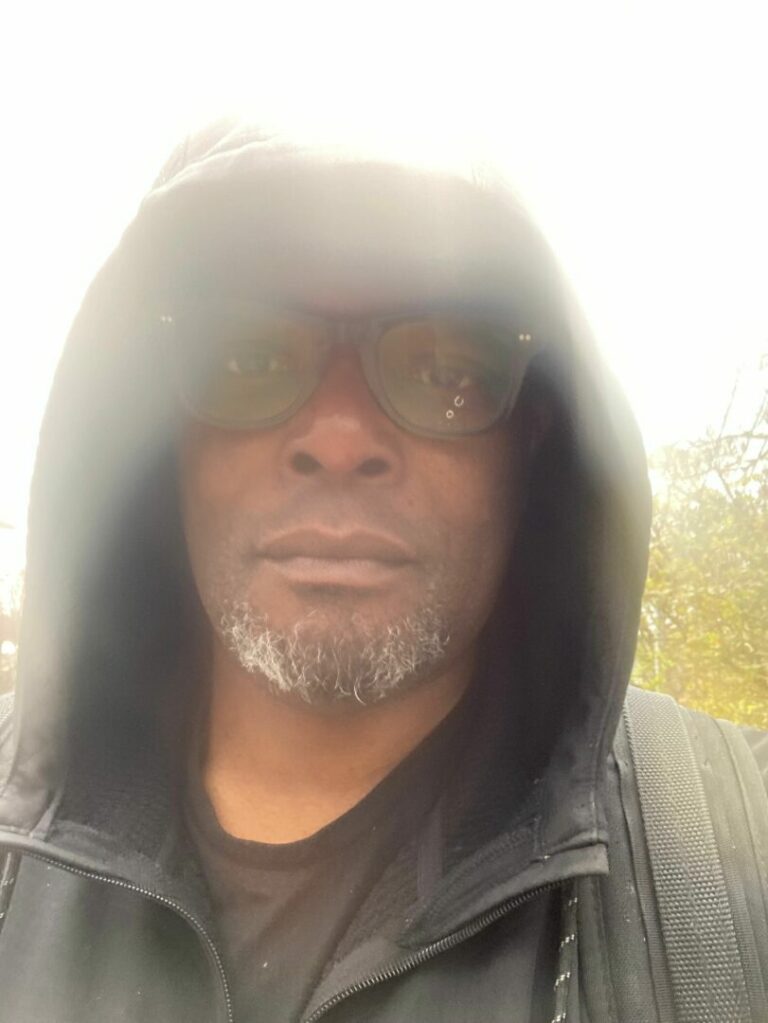
I haven’t overcome my imposter syndrome, I’ve learned to live with it. I can be objective and look at how and where my work has been accepted and recognize this isn’t a quarter century long fluke. I can also consider how blessed I’ve been with friends, family and colleagues and recognize my relationships are a reflection of who I am. But imposter syndrome doesn’t care about logic. I just have to nod to it, like the person in the office I hate, and avoid getting into the elevator with him. Read more>>
Kitty Kittykatscircus
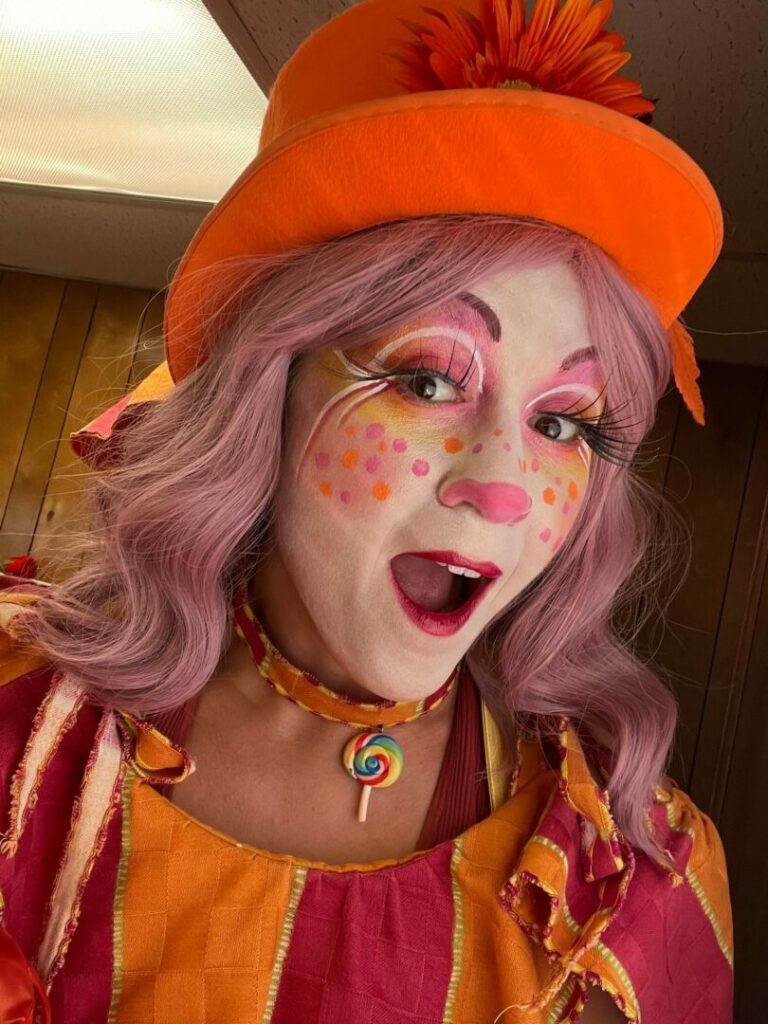
Growing up, I was often insecure and unsure of myself—always worried about being too much or not enough. When social media entered the scene, I was a teenager, trying to navigate life one filter at a time. I still remember posting my very first picture on Instagram, complete with an overly saturated filter (yikes, right?). It wasn’t easy being part of the first generation to experience the pressures of social media during such tender years. Suddenly, I was comparing my life to snapshots of glamorous vacations, perfect outfits, and unique skills, shared by friends, acquaintances, and strangers alike. I couldn’t shake the feeling that I just wasn’t enough—and never would be. Read more>>
Inel Woo
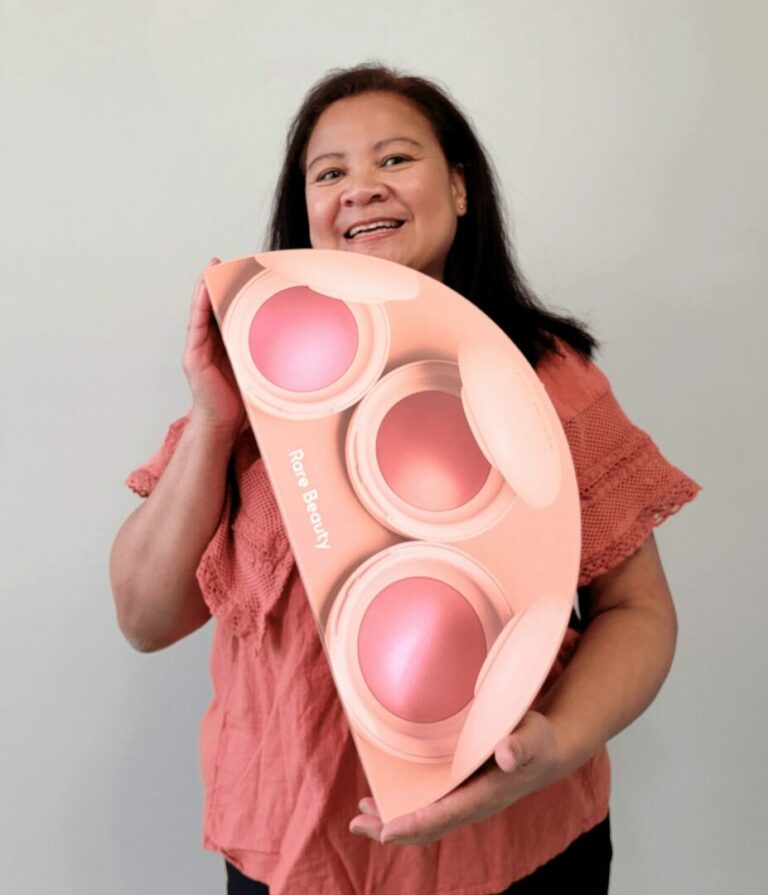
I still find myself having imposter syndrome sometimes, and have to remind myself that I can do more because I’m capable of so much more. This is really a mindset thing! I’ve always been a procrastinator and overthinker. Probably because I like things to turn out perfect. And when this happens, nothing gets accomplishment or it takes for ever to get it done. Now I have to say to myself, you either going to do it or you’re not. Or count to three in my head and “JUST DO IT”. Mel Robbins says that the success is in counting down from the number five, “5, 4, 3, 2, 1” and do it! This is a way of pushing yourself. Read more>>
Karen Leo
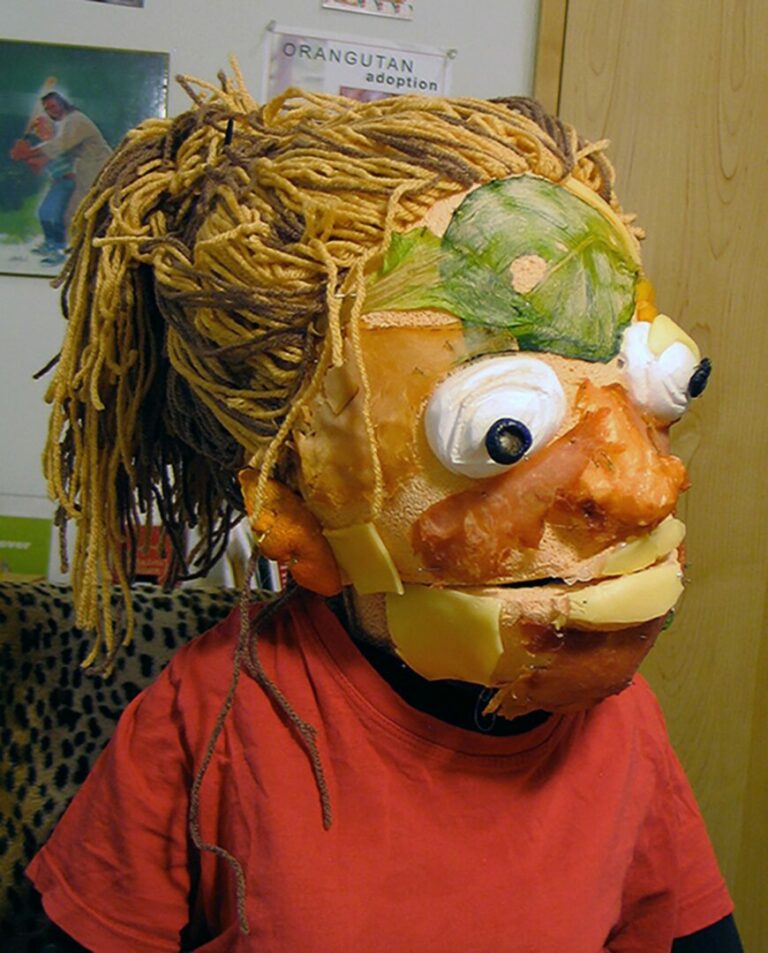
I haven’t! I know this is supposed to be a novel diagnosis in these times, but I think feeling like a phony is just a symptom of being relatively serious about what you do. Instead of overcoming, I try to embrace not-knowing. Not in a way makes complacency ok, but in a way that opens you up for learning and new experiences. You can use it a s a motivator. Doubt is something I think about a lot. Really a lot. It can be debilitating, but it can be a comfort not to have a clear path. The other tool I use it the imaginary permission slip. The kind you need for going on a field trip when you are in school, but mine are for making work that you don’t think has value, or nobody will get. Once on a residency I actually drafted up a copy and sent it to my mom for signing! Read more>>
Tara Kothari
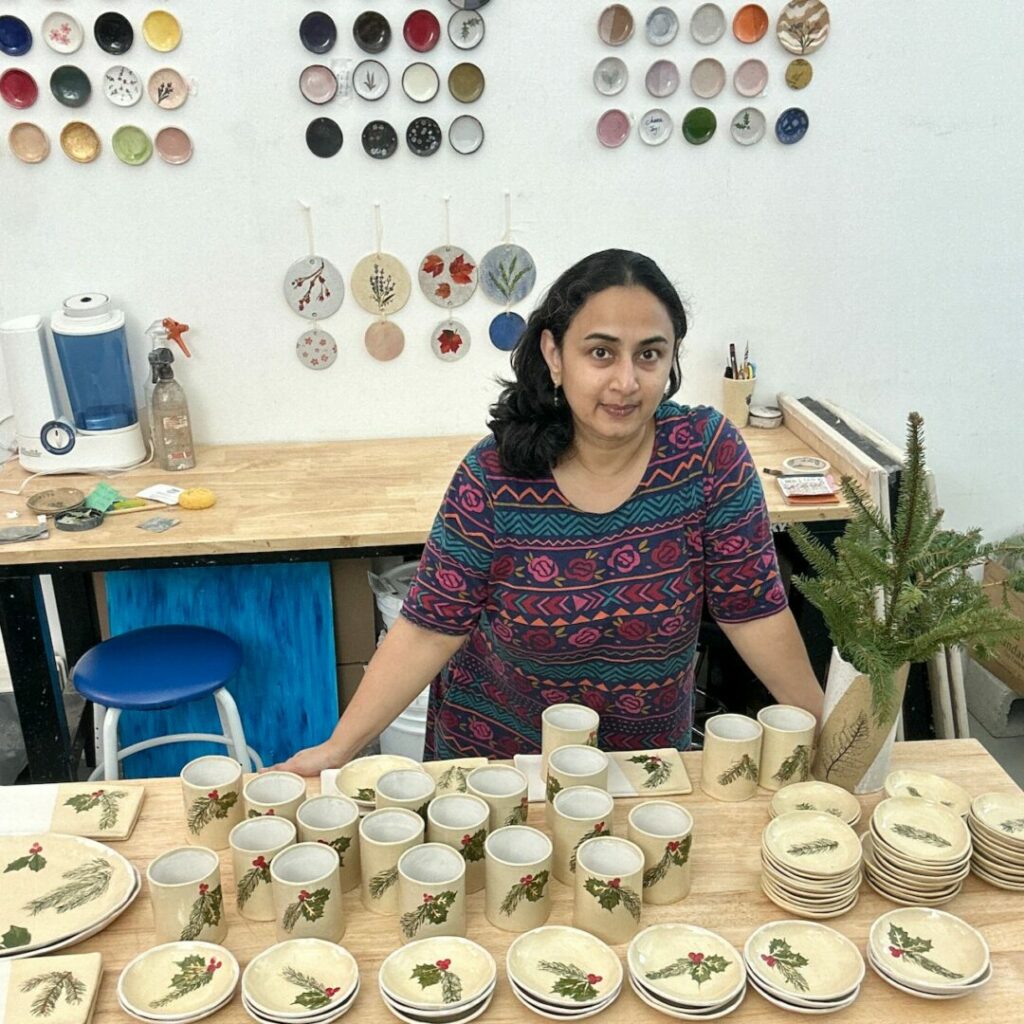
” Fake it till you make it. ” Whenever I showcase my work I always remind myself that I am represent my art. I make sure to talk about it believing I am the only one meant to do what I do; that I belong. I am my brand. I should portray myself in the best possible way. I do this until it becomes real. On the same lines, imposter syndrome can stem from the way others perceive me. I often tell myself, “Do not let others make you feel less about yourself.” When I first leased space at my art facility, one of the first questions other artists asked was if I was represented by galleries. When I said I was represented by stores and craft galleries, some of the artists, other tenants, my colleagues simply turned around and walked out of my studio never to speak to me again in 4 years. I was automatically a nobody in their little art world. Read more>>
Kaylee Brown

Imposter syndrome is SO real. social media is my worst and best friend! I went through a period in 2021 where I just did a big ‘unfollow party’ on my Instagram while I was trying to find my style. That was so refreshing! Having a clean feed, open mind, and 1 amazing mentor who helped me fine tune my craft; highly recommend! Read more>>
Steph Spiegel
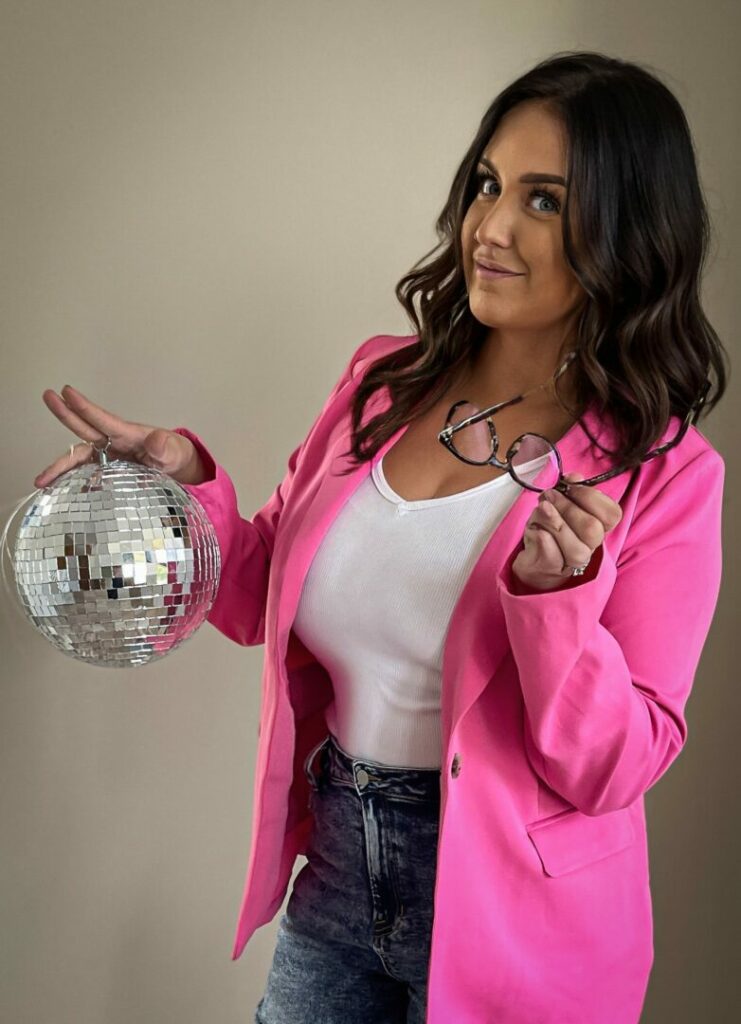
The self-doubt of imposter syndrome is a sneaky bitch that never really leaves me. It’s human. It’s primitive. It makes sense. I have to consciously remind myself that even though I can’t always control every doubt that creeps in, I can choose how I respond. We designers have a keen eye for spotting every imperfection in our own work, but true artistry emerges only by recognizing that the first step to mastering something is to faceplant spectacularly at it. By choosing inspiration over intimidation, I’m celebrating the diversity of others’ creative chaos while simulanteously celebrating my own efforts, even if it’s just a stepping stone to something greater. Read more>>
Lisa Conners

Overcoming imposter phenomenon, now often referred to as imposter syndrome, is a journey for anyone who is continuously elevating their skills. As a Keynote Speaker and Workshop Leader who used to be very scared of public speaking, I’ve worked at overcoming that feeling of not being qualified. Part of that work involved creating hundreds of Ever Better Today podcast episodes. In the early days of considering creating a podcast and producing the first 50 episodes, my self-talk sounded like: “Who are you to create and publish a podcast? Why would anyone want to hear what you have to say?” Read more>>
J.t. Rath
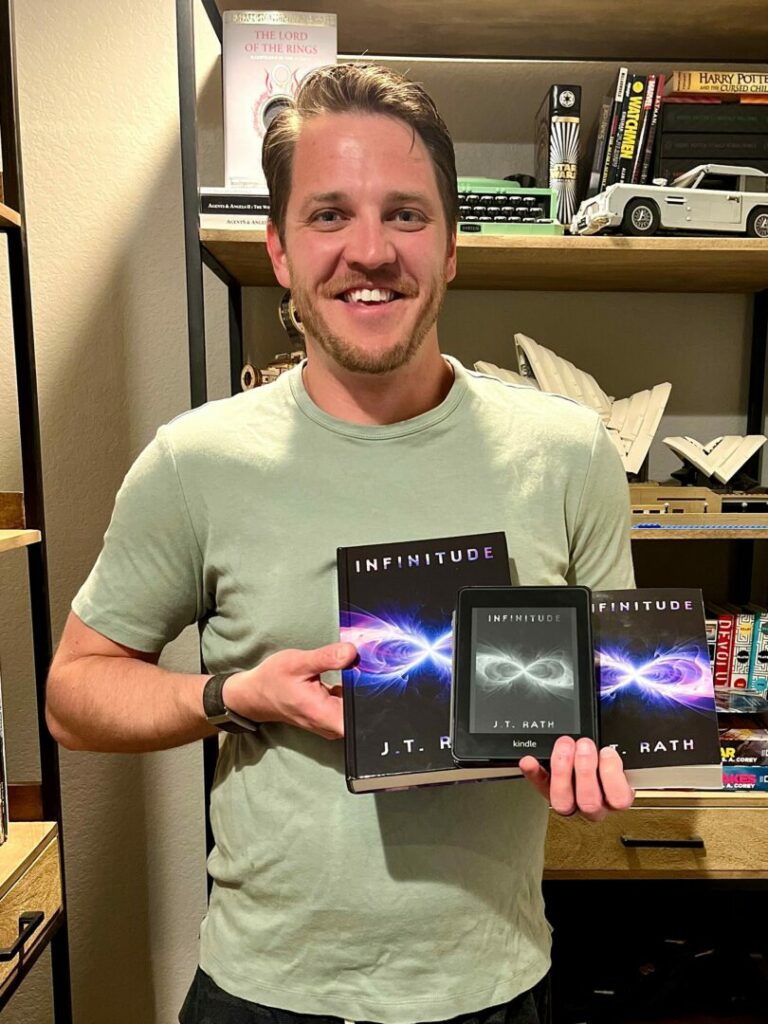
This is an interesting question because I don’t think I’ve actually overcome Imposter Syndrome. In many facets of my life – work, relationships, my writing – I find that I can ask myself, “Am I really good at this, or just faking it until I make it?” This doubt often comes in after making a mistake or not performing as well as you would have hoped. I’ve combatted against Imposter Syndrome in a handful of ways. First, it helps to have people in your corner. In my career, I look for leaders that give positive feedback and will take the time to tell me when I’m doing well, not just when things aren’t right (this applies to relationships too!). When I think of my personal endeavors like writing or my film review blog, I often come back to the Theodore Roosevelt quote about the “man in the arena”. Sure, someone may think my novel was “so boring” (actual quote), but my guess would be that they’ve not actually done something as courageous as written a book themselves. It says a lot that you DID THE THING, so if you can avoid letting others take that from you, it’s easier to not take it from yourself. Read more>>
Nicole Kahari

Is imposter syndrome something you can ever fully overcome? That is the real question… for me. We live in a society where we’re increasingly connected and see everything perfect about the next person’s life. What that does is trigger some introspection, a little self-evaluation, or even comparison with those who look like they are what you’re striving to become or have what you’re working to attain. And if you’re not careful and allow your thoughts to spiral, this can easily become the manifestation of imposter syndrome. Questioning everything, overanalysing, and undervaluing one’s achievements. It’s a quick and easy downward spiral that can lead to your demise, resulting in the abandonment of that which you love because you don’t trust your capabilities anymore. That’s an experience I’m all too familiar with, unfortunately. Read more>>
Paula Banks
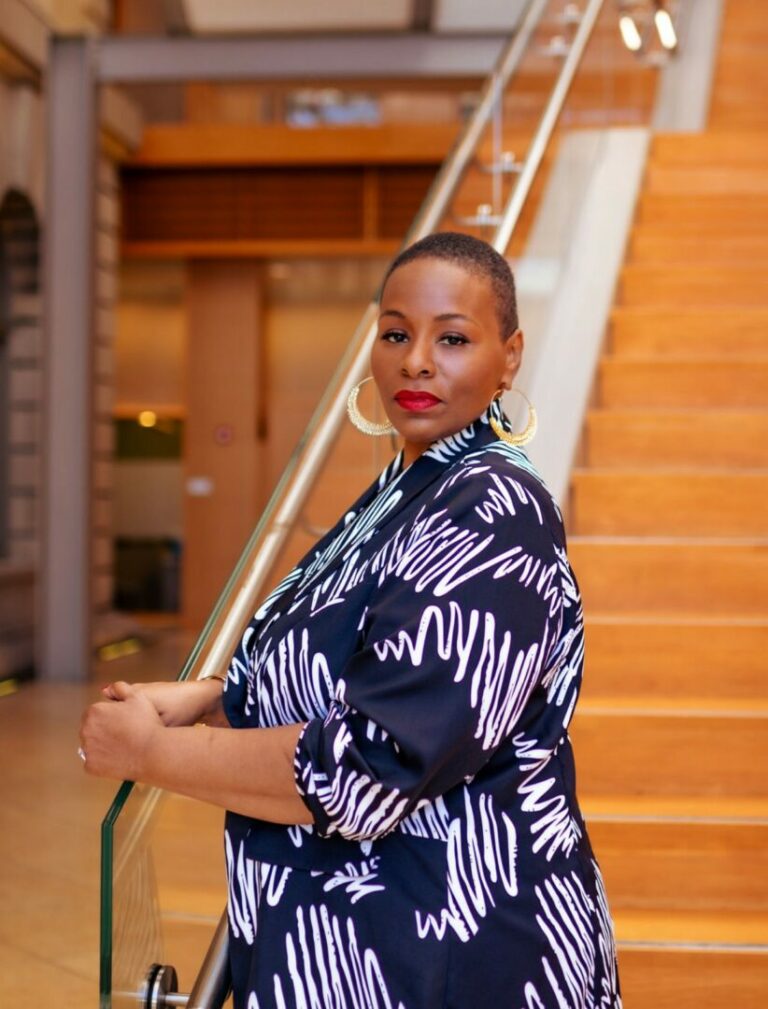
I don’t think I’ve fully overcome imposter syndrome—honestly, I don’t think anyone does. It has a way of showing up even when you’re feeling the most confident. I’ve struggled with it for a long time. It’s caused me to miss out on opportunities and delayed me from walking in my purpose. There were times when I was incredibly passionate about something, pouring all my energy into it, but then I started doing what we’ve all done—comparing my journey to someone else’s. As soon as I began comparing, I lost my confidence and motivation, and I started second-guessing myself. It became a cycle, and before I knew it, I walked away from something I loved because I couldn’t see the value I was bringing to the table. Read more>>
Jasper Joyner
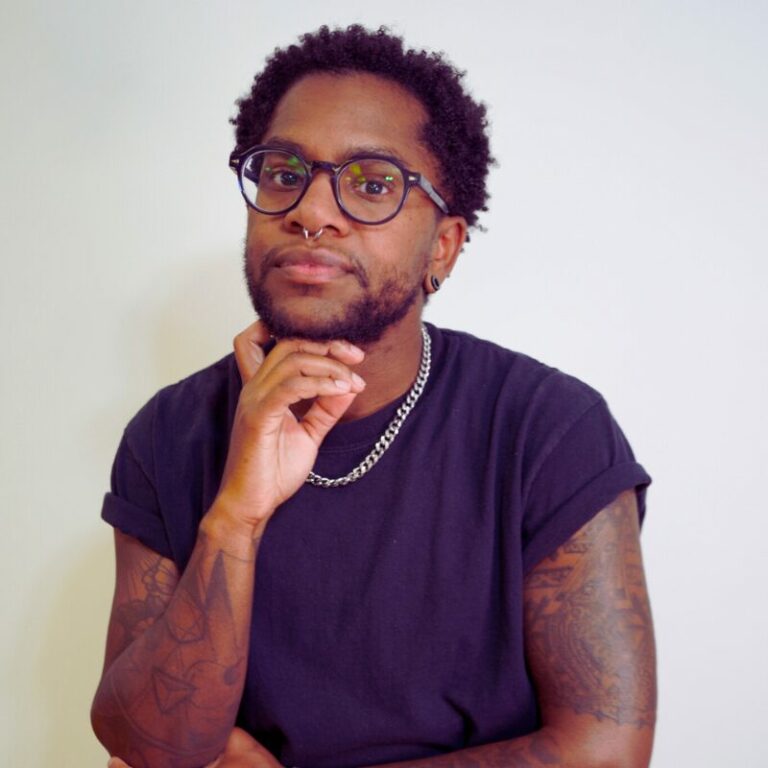
The older I get, the more I’m like, “Nobody really knows what they’re doing.” We’re all just out here doing our best, so I just try to trust in my work. All I can know for sure is that I love what I do and I do it with all my heart. That (usually) gives me peace of mind. Read more>>

